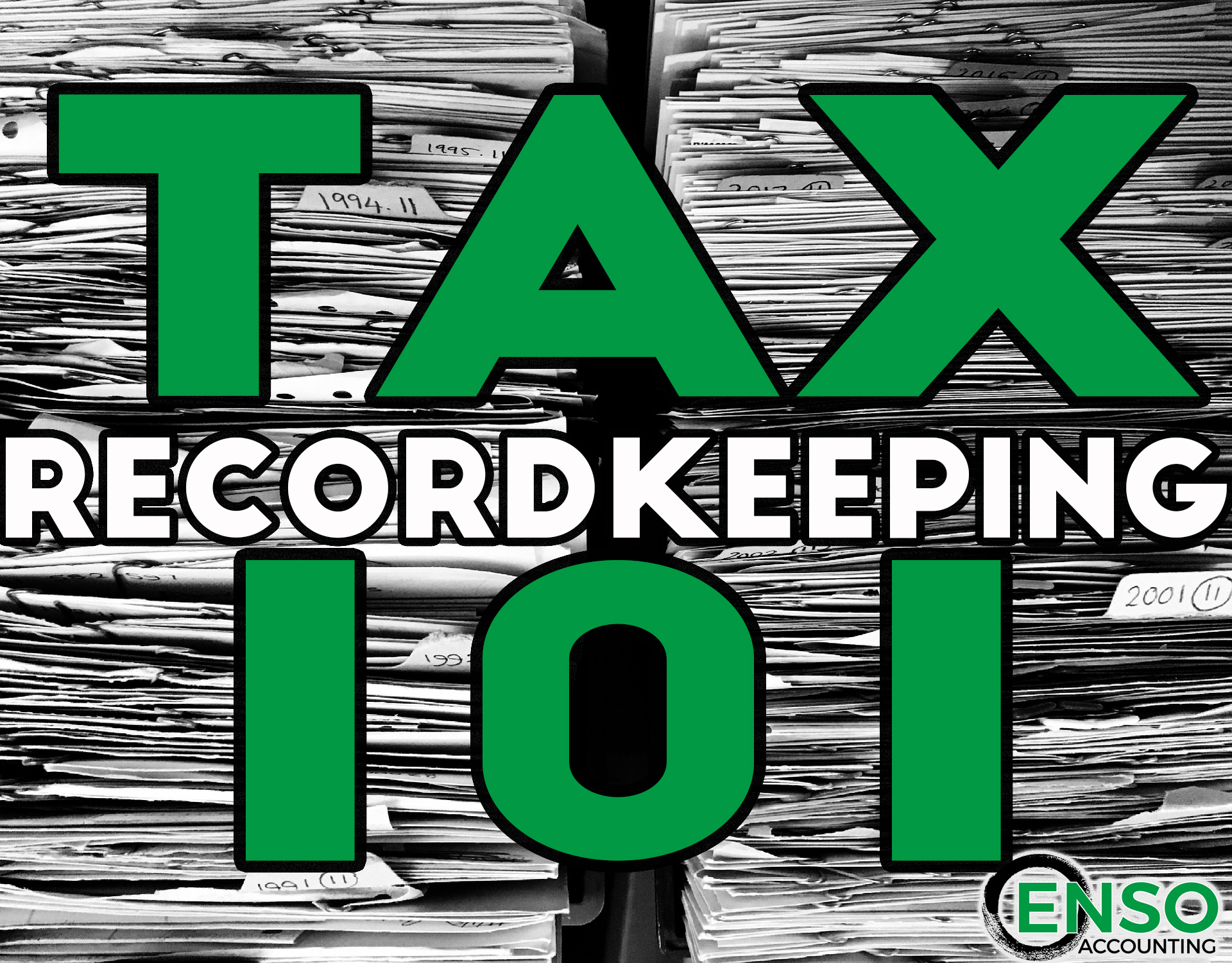As we rely on technology more and more, how does that affect our recordkeeping? For tax records, it not necessarily a matter of how you store them so much as it is about how long you keep them. Take it from an accountant, the requirements can be confusing, but it’s always better to err on the side of caution.
Digital Copies are Fine
Seriously, you don’t have to keep a giant filing cabinet anymore filled with past years’ tax returns. Unless you want to. Many of our clients store PDF or otherwise encrypted copies of all relevant tax documents. Not only does this take up less space in your home or office, but also it allows you to access the files from virtually anywhere! Sending them to your accountant or the IRS, if need be, is a breeze, too! You just need to protect these digital files a little differently.
Figure out where you’d like to store them securely. Do you plan on keeping them on one single computer? Or a backup drive? Will you rely on password-protected cloud storage systems to continue your recordkeeping in the future? Although you don’t want to spread your personal details around too freely, you don’t really want to restrict access to one device either. Because if it fails, then you could be in trouble. As a client of ENSO Accounting, we store all pertinent files on your behalf. So, even if you have technical difficulties, you can trust that we’ll have the copies you need. With all of the necessary protections in place.
Just Keep These Time Limits in Mind
Do you know how long you’re supposed to keep your past tax returns? Is it 5 years? 7 years? Maybe longer? Well, the truth is, it depends. According to IRS guidelines, you need to keep all records related to tax credits, refunds, deductions, etc. until the period of limitation has passed. To put it in plain English, we’ll break it down further.
If you have a pretty simple tax return, then you should only need to retain your records for about 3 years. Either 3 years from when you filed your taxes or 2 years after you actually paid them—whichever is later. Just hold onto your employment records for another year after that, just in case. For more complicated accounting, plan to extend your recordkeeping a bit more. That 7-year mark that everyone talks about is really only recommended for tax payers who deduct bad debt or file for worthless securities. But, if you fail to report all your income (especially if it’s a quarter or more of your total for the year), plan to hold onto your records for around the same amount of time.
There are certain issues that have no period of limitations, as far as the IRS is concerned. This includes individuals who fail to file or complete a fraudulent tax return. In either of these cases, you’re required to hold onto all pertinent files indefinitely. Technically, the IRS can come back and audit you at any time in either situation, so be sure to retain proof in order to protect yourself. Actually, if you’re ever in doubt about your recordkeeping, it’s best to err on the side of caution. Don’t forget, you can always consult with your accountant, too.
Once tax season is over, you probably won’t think about this year’s return again. That’s okay—as long as your recordkeeping is up to par. After all, the last thing you want to discover in the event of an audit is that you don’t have the forms you need. If you need additional help reorganizing and implementing a system that works for you, contact ENSO Accounting. Where our accounting services go beyond basic tax preparation!




